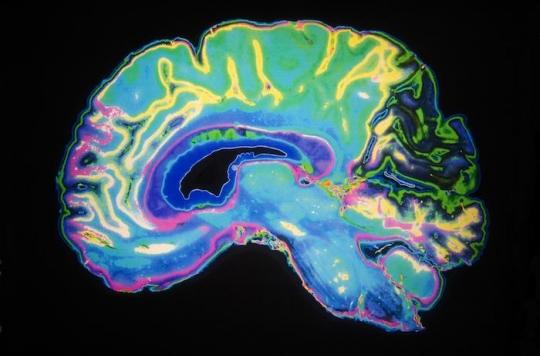In the imagination and in fact, Alzheimer’s disease is defined by neuronal degeneration. A new study completely refutes the idea that this pathology involves a predominant loss of neurons.

Often found in the elderly, Alzheimer’s disease is considered a neurodegenerative disease. This means that it is accompanied by a significant and progressive loss of neurons and their nerve endings. A Franco-Canadian study published in Scientific Reports now challenges this point of view.
“To our surprise, by studying the fate of eight neuronal and synaptic markers in the prefrontal cortices of our subjects, we observed only very minor neuronal and synaptic losses,” says Dr. El Mestikawy, lead author of the study. . Contrary to popular belief, neuronal and synaptic loss is relatively limited ”.
Towards other treatments
Scientists have also tried to correlate all of these minor synaptic losses with the subjects’ level of dementia. Their results show that declines in synaptic biomarkers had little impact on participants’ cognitive skills.
The study implicitly suggests that dementia is associated with synaptic dysfunction rather than the disappearance of synapses from the patient’s cortex. Identifying this dysfunction could lead to the development of effective treatments for this disease.
Until now, therapeutic interventions have been aimed at slowing synaptic destruction and, according to the study, the therapeutic approach will need to be changed.

.
















